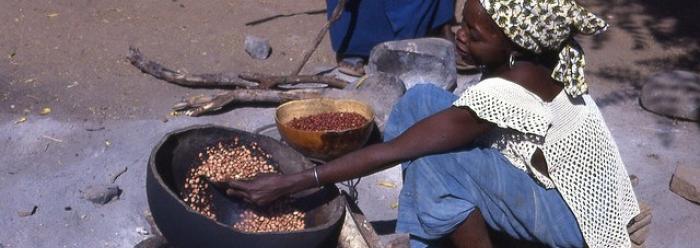
Case: cassava for bioethanol
Novozymes, who is also working with Hveiti in the development of enzymes for the use in Hveiti’s protein product, has started a very interesting project in Africa.
The goal of the project is to create an alternative for the African house wives’ large use of charcoal for burning when cooking. Charcoal is harmful for the health and has huge environmental consequences.
About 85 % of Mozambique's energy comes from wood and charcoal. It is a leading cause of respiratory illnesses, and according to WHO, primitive cooking stoves kill more people per year - about two million - than malaria.
Besides from this, the manufacturing of charcoal means that large parts of rainforest are disappearing. The rainforests function as the Earth’s natural carbon stocks, why cutting down rainforest means that CO2, which used to be tied up in rainforests, is released into the atmosphere, and thereby contribute to the increase in global climate change.
Local production for local use
Mozambique has a large surplus of cassava, why it makes good sense to use some of the surplus for the production of bioethanol. This is a good example of a sustainable utilisation of a feedstock for a local production of bioethanol, to be used locally. At the same time, it will relieve the pressure on the rainforest, and thereby help mitigate climate change.
.jpg)
Cassava flower
Foto: tonrulkens
Follow the developments within biorefining. hveiti regularly informs about our efforts to improve the environment.




